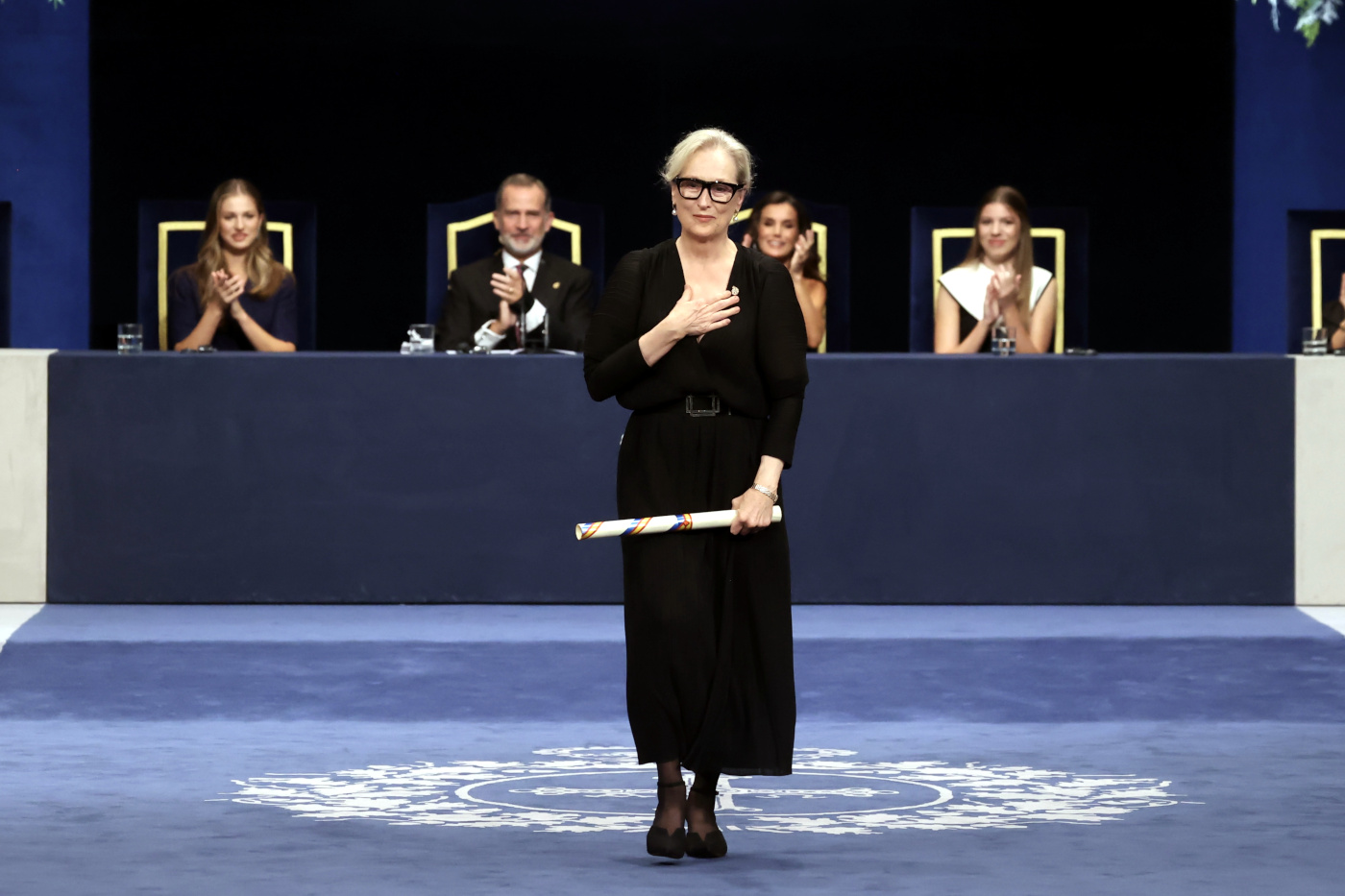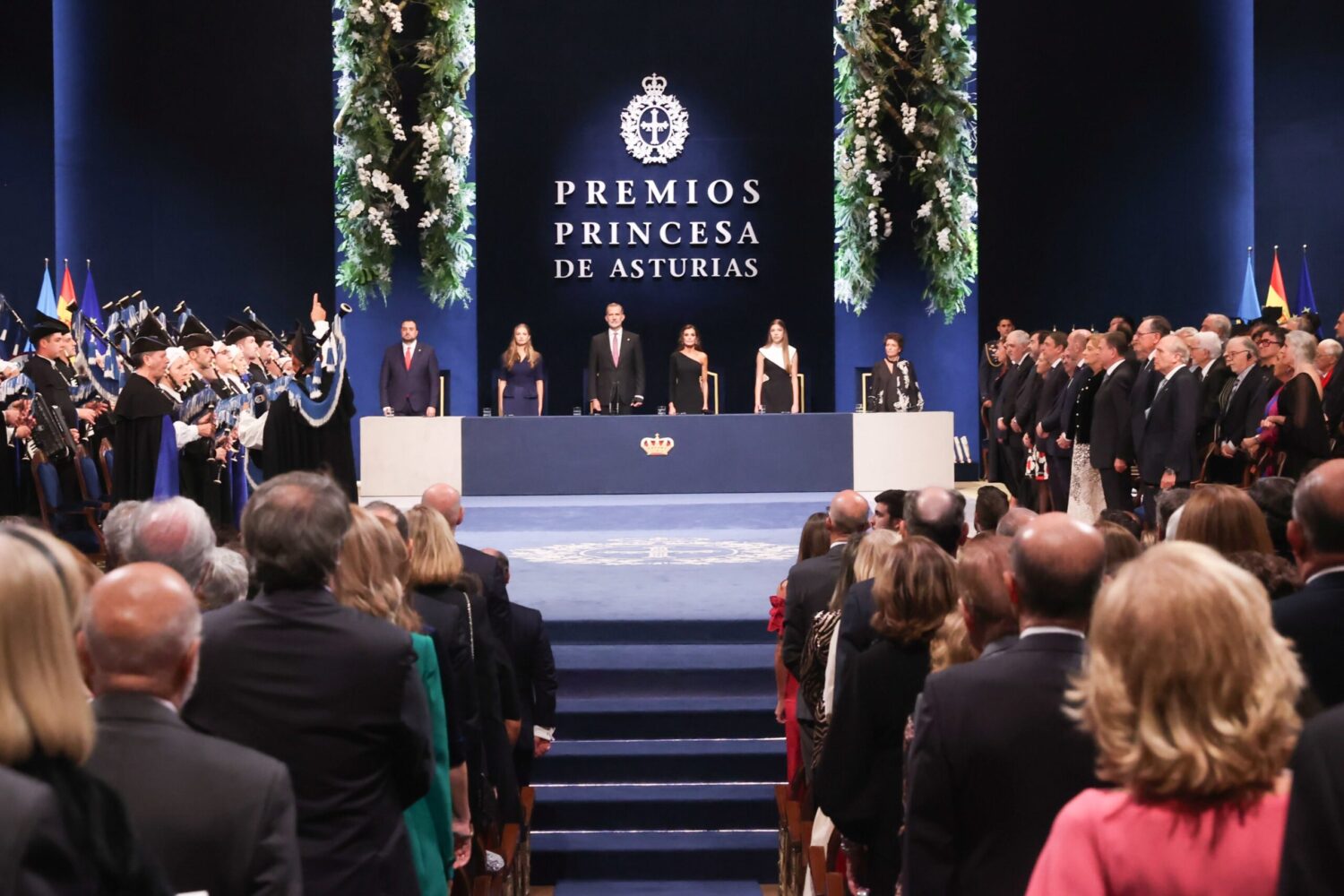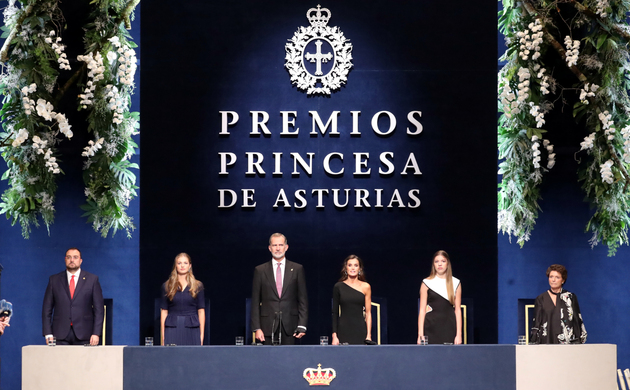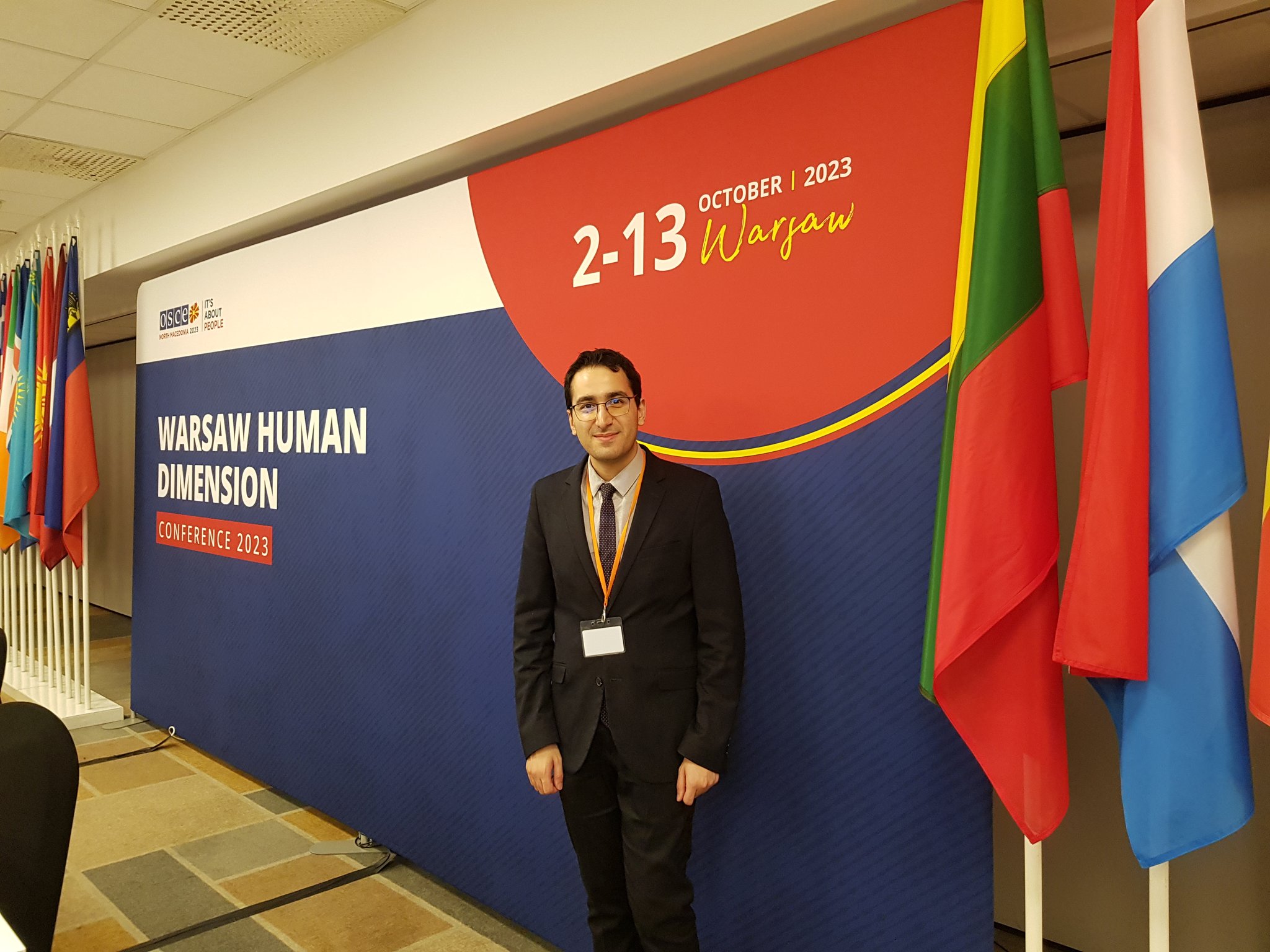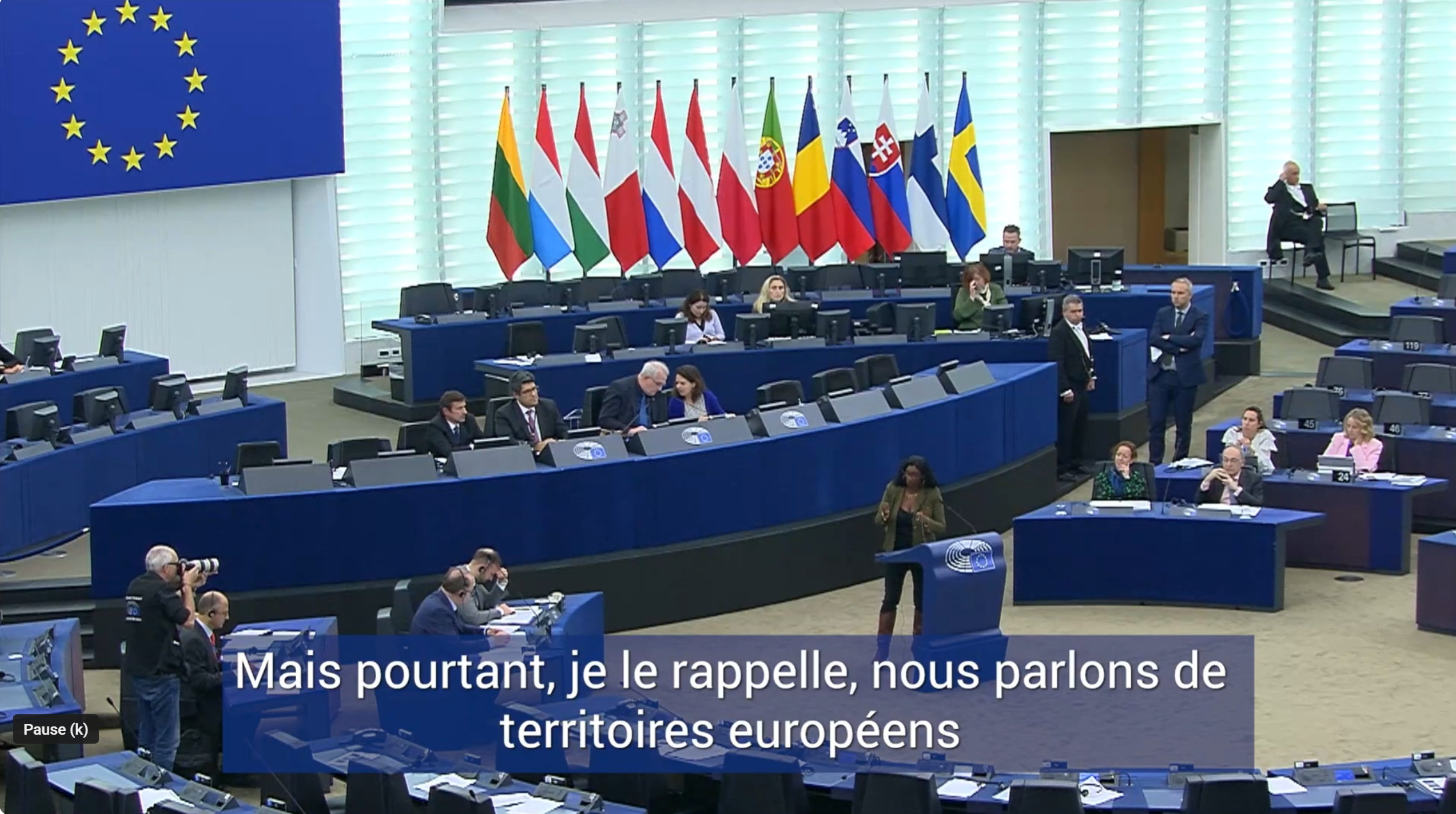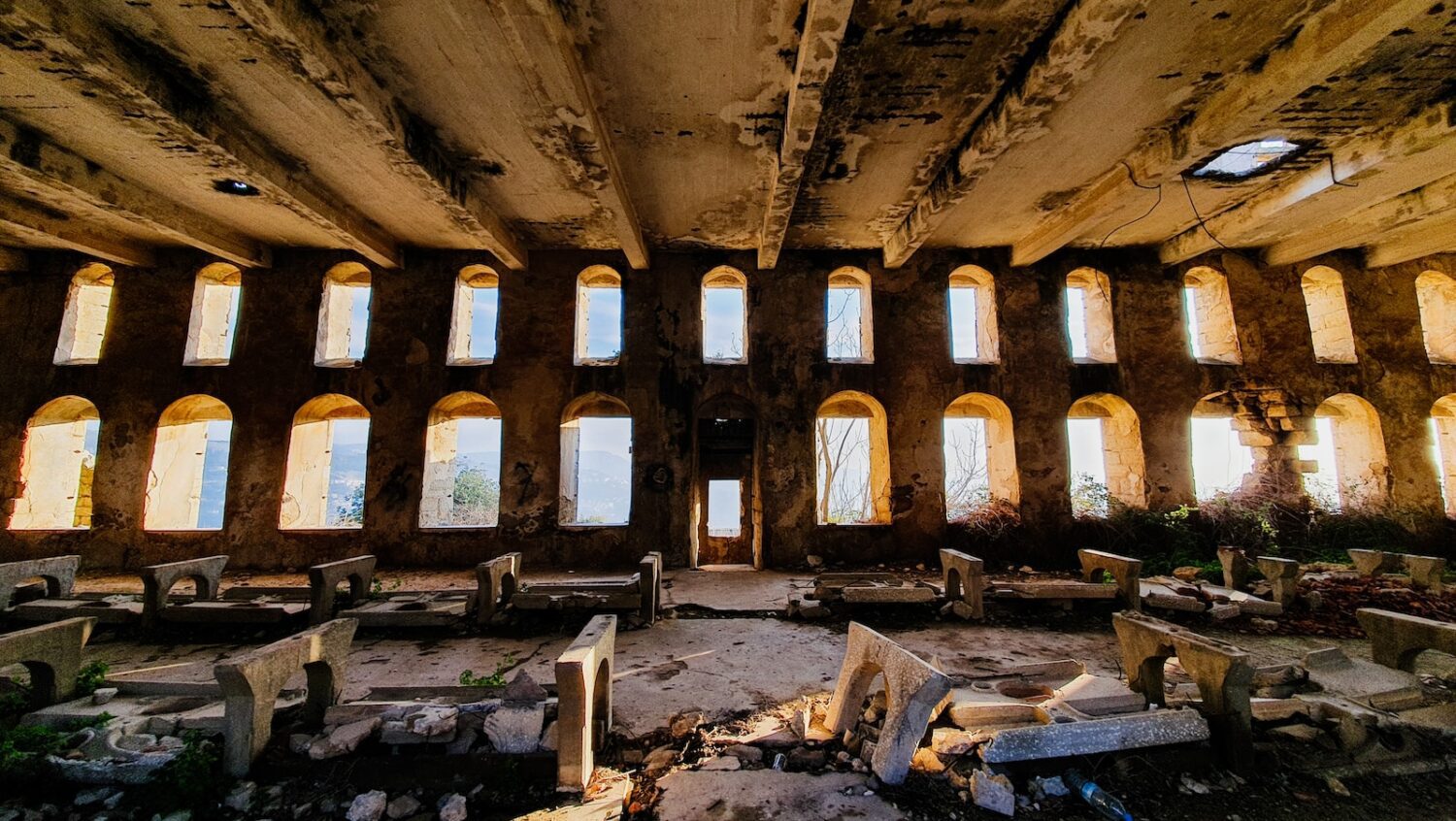Renowned actress Meryl Streep, winner of the prestigious 2023 Princess of Asturias Award for the Arts, recently celebrated a week-long series of events in Asturias, Spain. The award recognized Streep’s significant contributions to the arts and her illustrious career in film.
Meryl Streep’s warned about the perils of suppressing empath
In a moving and deeply profound speech, Meryl Streep, one of the most celebrated actresses of our time, expressed her gratitude for being recognized for her contributions to the art of acting. During her speech she delves into the transformative power of her craft, emphasizing its ability to bridge gaps between people through shared emotions (See full transcript below).
Meryl Streep speaks about the actor’s ability to inhabit different characters, to live their experiences, and to bring their narratives to life in a manner that resonates with audiences. She discussed the critical role of empathy in acting, describing it as the essential element that connects her to her characters and ultimately to the audience.
Despite facing criticism for portraying characters far removed from her own experiences, Meryl Streep insisted that it’s an actor’s responsibility to depict lives that are different from their own, making them relatable to the audience. She warned about the perils of suppressing empathy in favour of self-preservation or ideology, suggesting that this has contributed to a distressing moment in history.
Referencing a play she worked on in college, The House of Bernard Alba, from Lorca, she underscores the cyclical nature of history and the importance of giving voice to the silenced, so that the living might learn. Meryl Streep concluded by urging everyone to extend the empathy experienced in the theatre into the real world, proposing it could serve as a radical form of diplomacy in our increasingly hostile world; and ended by emphasizing the importance of listening.
A week-long celebration of the Princess of Asturias Awards
The highlight of the week-long celebrations was an open dialogue between Meryl Streep and fellow actor Antonio Banderas, offering a unique insight into her award-winning career. This public meeting, moderated by Sandra Rotondo, a member of the Jury for the Princess of Asturias Award for the Arts, also included a Q&A session, providing attendees with the opportunity to interact with the celebrated actress at the Exhibition and Conference Centre in Oviedo.
As part of the “Awards Week”, Meryl Streep also connected with the local community. She met with teachers and students from secondary, baccalaureate and vocational training schools who had participated in the “Meryl’s Choices” activity, part of the “Taking the Floor” cultural programmes. This meeting was held at La Vega Arms Factory in Oviedo.
In addition, Meryl Streep interacted with students from the School of Dramatic Arts of the Principality of Asturias (ESAD). In her honour, the students performed scenes from Spanish plays at the ESAD centre in Gijón.
The Foundation also organized a series of tributes to Meryl Streep across different locations in Asturias. These included a film cycle showcasing Streep’s iconic films and a live concert by Donna and the Dynamos, a tribute to Meryl Streep’s role in Mamma Mia!
The “Awards Week” cultural programme, designed by the Foundation, included participation from the Princess of Asturias Laureates in activities leading up to the Awards Ceremony at the Campoamor Theatre.
Meryl Streep’s Ongoing Achievements of a Lifetime
Born in Summit (USA) on 22 June 1949, Mary Louise Streep, known as Meryl Streep, began her artistic studies at the age of twelve with singing lessons and added acting classes in high school. A graduate of Vassar College (1971) and the Yale School of Drama (1975), Meryl Streep began her career in New York theatres and performed in several Broadway productions, including the 1977 revival of Anton Chekhov’s drama The Cherry Orchard.
With three Oscars, eight Golden Globes, two BAFTAs and three Emmys, Meryl Streep is considered one of the greatest contemporary actresses of our time. Best known for her film roles, she has stood out for her characteristic versatility, which critics say is based on her extraordinary ability to play a wide variety of characters and to reproduce different accents.
Meryl Streep holds the all-time record for Oscar nominations (21) and Golden Globe nominations (32) and is one of only two living actresses to have won the Academy Award three times. The first time she won Best Supporting Actress for Kramer vs Kramer (1979), which also won her a Golden Globe in the same category.
In the early 1980s, she had her first leading roles, for which she was particularly well known: The French Lieutenant’s Woman (1981), for which she received a BAFTA and a Golden Globe, an award she repeated with Sophie’s Choice (1982), for which she also won her second Oscar. Films such as S. Pollack’s Out of Africa (1985), Ironweed (1987) and Evil Angels (1988), for which she received an award at Cannes, are some of her best performances of the decade.
Her filmography with some of her most iconic characters includes The Bridges of Madison County (1995), Marvin’s Room (1996), The Hours (2002), The Devil Wears Prada (2006), The Doubt (2008) (an American Screen Actors Guild award-winning performance), the musical Mamma mia! (2008) and The Iron Lady (2011), in the role of Margaret Thatcher, which won her a Golden Globe and a BAFTA, as well as her third Oscar. Florence Foster Jenkins (2016), The Post (2017), Little Women (2019), Let Them All Talk (2020) and Don’t Look Up (2021) are some of her latest works.
Meryl Streep, a philanthropist and committed to the defence of women’s rights and gender equality, has been a member of the advisory board of the organisation Equality Now and in 2018 she participated in the documentary This Changes Everything, about gender discrimination in Hollywood.
A member of the American Academy of Arts and Letters and Commandeur de l’Ordre des Arts et des Lettres de France, Meryl Streep has received numerous honorary awards including the César (France, 2003), the Donostia Award at the San Sebastian Film Festival (Spain, 2008), the Golden Bear at the Berlin Film Festival (Germany, 2012), the Stanley Kubrick Britannia (UK, 2015) and the Cecil B. DeMille Award (USA, 2015). DeMille (USA, 2017), among others, and was awarded the 2010 National Medal of Arts and the 2014 Presidential Medal of Freedom.
Meryl Streep’s Acceptance’s Speech Transcript
Your Majesties, Your Royal Highnesses, distinguished members of the Princess of Asturias Award Foundation. My esteemed colleagues. Ladies and gentlemen, amigos. I am so honoured to be here this evening to be included among these accomplished, generous talents in this beautiful hall which I feel if we listen, we can hear the echoes of the voices of many of our heroes of the 20th and this very young century.
It’s hard for me to imagine that I am here because I think sometimes that I have pretended to be an extraordinary woman all my life, that sometimes I’m mistaken for one.
But I am truly, truly grateful for this recognition of the art of acting, which is the work of my life and the essence of which remains very mysterious even to me. What is it that actors do, really? The actor’s shapeshifting, substanceless gift is what makes it hard to assess and measure what is worth to us, its value.
I know for me when I see a performance that speaks to me, particularly, I keep it in my heart for days or even decades. You know, when I feel that other person’s pain or their joy or or I laugh at their foolishness, I feel as if I’ve discovered something true and I feel more alive.
And I feel connected. But connected to what? To people. Other people. To have the experience of being someone else. So what does this magic connection? We know that empathy is the heart of the actor’s gift.
It’s the current that connects me and my actual pulse to a fictional character. And I can make her heart race, or I can quiet it in as a scene requires. And my nervous system, sympathetically wired to hers, carries that current out to you and to the woman sitting next to you and to her friend.
And in the live theatre, we can all feel as if we’re feeling it together. And it is easier to be emotionally connected to people who are like us. You know, it’s. But I’ve always been interested and pulled to understand that other counterintuitive instinct that we have to.
Understand strangers, people that are not like us, and the imaginative ability we have to follow the stories of people outside our tribe as if they were our own.
In my own work, I’ve been criticized, you know, for going too far afield from my own lived experience, from veering too far away from my own truth or my identity, all the accents, you know, the nationalities.
And I played a man once. But is it just a stunt to want to wrap my arms around the world, to want to wander and wonder and try to see through so many different coloured eyes and experiences?
I’m just a nice middle-class girl from New Jersey, so who am I to presume to wear the shoes of the first female Prime Minister of the UK? Or to imagine being a Polish Holocaust survivor, or an Italian housewife, or a rabbi, or the arbiter of the final arbiter of the fashion world? Because that’s not my.
Area of expertise. Honestly. A great Spanish artist, Pablo Picasso, said to imitate others is necessary. To imitate oneself is pathetic. And another great Spanish artist, Penelope Cruz, said, you cannot live your life looking at yourself from someone else’s point of view. That’s my bad Penelope imitation.
So, I persevere in spite of the critics because I think it is an actor’s job to trespass, to appropriate another’s life, to embody lives that are not like ours. The most important part of our job is to make each life accessible and felt to an audience, whether that audience is in a small theatre in Malaga or whether they’re watching via streaming media from all around the globe.
One rule that actors are taught in drama school is that you must never judge your character. The character you’re playing judging makes you sit outside. Her experience and the bargain you make when you climb into her shoes is to try to see the world through her eyes.
Let the audience judge you. Make your own best case on her behalf. We are all born with fellow feelings empathy, a porous, shared humanity.
Babies will cry just on seeing the tears of another. But as we grow up, we set about to tamp down those feelings, to suppress them, and to supplant them in favour of self-preservation or ideology. And we mistrust and we suspect the motives of other people that are not like us.
And so we arrive at this unhappy moment in history. When I was in college, I designed the costumes for Lorca’s great, timeless play The House of Bernarda Alba, and in it, one of the sisters, Martirio, says, history repeats itself. I can see that everything is a terrible repetition.
And Lorca wrote this impassioned play two months before his own murder, on the eve of another cataclysm that he could see from so high above that he had such a distance on events so close to his own throat, his extraordinary that he could express through martirio a wisdom that could not save him but serves as a warning to us. It is a gift to the world.
To act in such a play is to give a voice to the dead that the living can hear. It’s an actor’s privilege. The gift of empathy is something we all share. This mysterious ability to sit in a darkened theatre, strangers next to each other, and to feel the feelings of people that don’t look like us, don’t sound like us.
It’s one that we could all do well to take outside into the daylight. Empathy. Empathy may be a radical form of outreach and diplomacy in other theatres of endeavour. In our world, in our increasingly hostile and volatile world.
I hope we take to heart another lesson that every actor is taught. And that is it’s it’s all about listening. Thank you for listening. Thank you. And thank you for this. Thank you.



